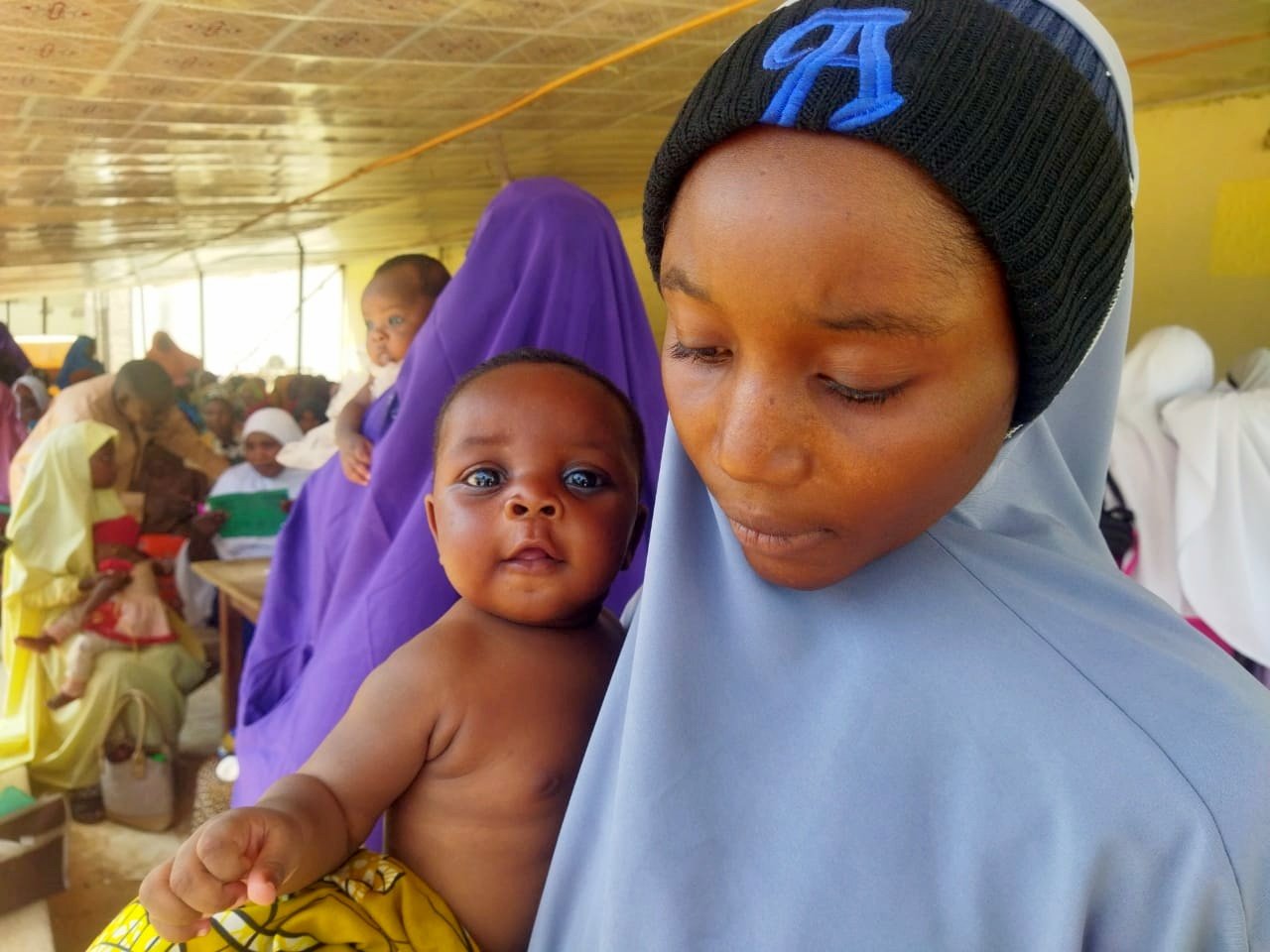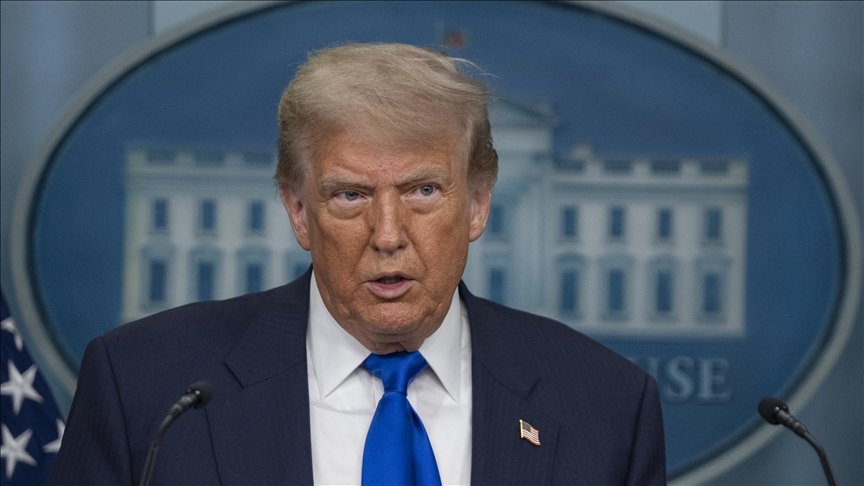Korede Abdullah in Lagos
The planned inauguration of a Sharia Court in Oyo State has sparked intense controversy and debates across the Southwest and beyond, with some supporting the initiative while others strongly criticize it.
Critics argue that establishing a Sharia court in the South West undermines the region’s cultural and religious diversity, where no single faith is dominant.
Many residents have expressed worries over the plan, making their fears public that the introduction of a Sharia court could disrupt the state’s religious harmony.
While speaking with this newspaper, a resident, Mr Umoru David, a Lagos based lawyer said the proposition would fuel religious rancour in the state.
According to him, “The idea of a Sharia Court in Oyo State is a recipe for disaster. It’s a clear attempt to impose Islamic law on non-Muslims, and it’s unconstitutional.”
“We have a secular government, and our laws should be based on the constitution, not on religious beliefs. I’m worried that this could lead to more division and conflict in the country.”, he added.
However, supporters argue that Sharia law only applies to Muslims and does not affect those of other faiths. Africa Health Report (AHR) spoke with some Nigerians to hear their views on the controversy.
Sheikh Raji Olaide, an Ibadan-based Islamic Scholar who spoke with our correspondent on the phone, dismissed the controversy, saying, “People are just raising a mountain out of a tea cup. The whole issue will be resolved; it is a matter of time”.
Alhaji Musa Sani, a Muslim cleric who lives in Surulere, Lagos, believes that the Sharia Court controversy is being blown out of proportion.
“The Muslims in Oyo State are only trying to establish a panel to resolve disputes among themselves, based on Islamic principles.
“This is not a threat to anyone, and it’s within their constitutional rights as citizens. We should respect their freedom of religion and association.”
Aisha Mohammed, a student at the University of Lagos, also thinks that the controversy is unnecessary. “As a Muslim, I believe that the Sharia Court will help to promote justice and fairness among Muslims in Oyo State. We should focus on promoting understanding and tolerance, rather than spreading fear and misinformation.”
Justice Abdulraheem Sayi, an Ilorin-based Sharia court judge, also clarified the controversy surrounding the establishment of a Sharia Court in Oyo State.
While addressing Muslims in Ibadan, Oyo State on Friday (today), Justice Sayi emphasized that there are no plans to establish a Sharia Court in the state. Instead, the Muslim community is planning to set up an Islamic panel to oversee Muslim affairs in Oyo State.
According to Justice Sayi, this initiative is well within the bounds of the Nigerian constitution, which guarantees freedom of association and religion.
He urged Governor Makinde not to be swayed by rumours and misinformation spread by the press and social media users. “I just want to call on the amiable Governor of Oyo State, Seyi Makinde not to be moved by rumours some people are peddling around about the matter,” Justice Sayi said.
Justice Sayi further explained that the proposed Islamic panel is not a matter of law or security, but rather an organization of citizens exercising their right to regulate their personal status through an arbitration panel created by themselves.
He mentioned that Oyo State would not be the first to have such kind of panel. He therefore appealed to the governor ignore the rumours. He said Muslims are law-abiding and would never do anything to undermine the law of the state.
Justice Sayi noted that their action is consistent with the provisions of the Arbitration and Conciliation Law of Nigeria (As amended).
In response to the backlash, the Islamic Council announced an indefinite postponement of the court’s inauguration. Imam Daud Igi Ogun, the Khadimul Muslimeen of Oyo Kingdom, stated,
“The inauguration ceremony of the Supreme Council for Shari’ah in Nigeria (Oyo branch) has been suspended until further notice. Islam portrays peace”.
Oyo State Governor, Seyi Makinde, acknowledged the controversy, emphasizing that he will uphold the laws and Constitution of Nigeria. “If their actions are within the law, fine, if not they should expect that I will insist the law must be followed,” he said.
The debate surrounding Sharia law in Nigeria is not new, with critics arguing that its implementation violates Section 10 of the Constitution.



